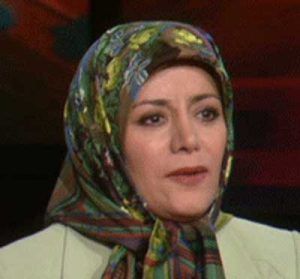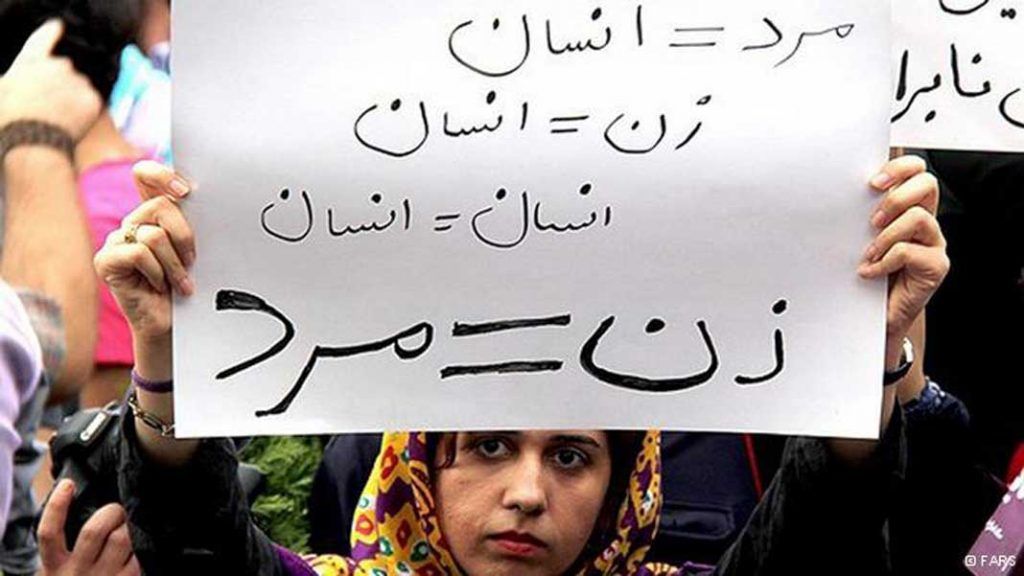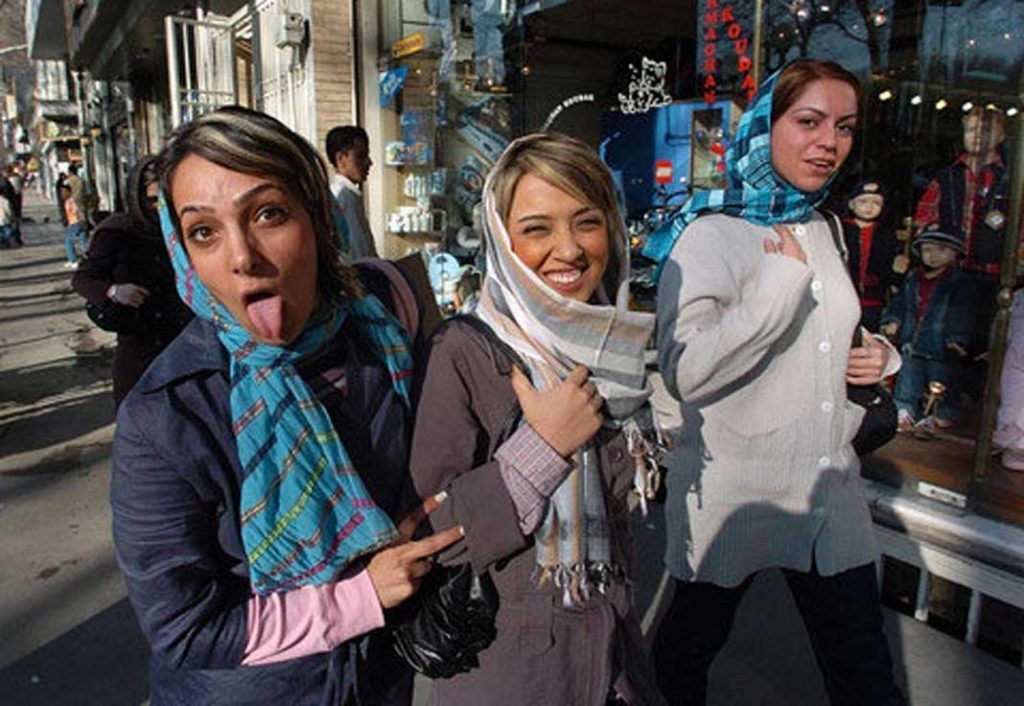April 19, 2017
By Ahmad Rafat
The fate of 1,636 candidates who have registered in the 12th presidential election is now in the hands of the Guardian Council. Meanwhile, many believe that the disqualification of the 137 women who are among the long list of registered candidates is a forgone conclusion. They argue that the Guardian Council would never allow women to run in the presidential elections.
What prevents women from being elected as presidents in Iran is how Article 115 of the Islamic Republic is generally interpreted. It states: “The President must be elected from among religious and political personalities possessing the following qualifications: Iranian origin; Iranian nationality; administrative capacity and resourcefulness; a good past-record; trustworthiness and piety; convinced belief in the fundamental principles of the Islamic Republic of Iran and the official madhhab (way to act) of the country.”
The problem stems from the Arabic word “Rejal” which may be understood to mean “personality”, but is interpreted by the Guardian Council to mean “man.” On 20 December 2016, Iran Supreme Leader Ali Khamenei urged the Guardian Council to apply two criteria when vetting candidates in the presidential elections, namely “ Political-religious personality” and “management capabilities”.
Following the disqualification of nine female candidates in the 1997 election, Ali Jannati, Chairman of the Guardian Council, said: “None were from the ranks of political and religious personalities.” During the inauguration ceremony of the committee supervising the 12th presidential election, Abbasali Kadkhodaei, spokesman for the Guardian Council, said:”We’ve all neglected to properly define the term political personality, but hopefully we’ll do it after the elections.”
It is unlikely that the dispute over the meaning, interpretation and translation of the word “Rejal” will be settled any time soon. Speaking on the last day of registration for the presidential election, Interior Minister, Abdolreza Rahmani-Fazli, said: “Based on our interpretation of the law, the term political personality doesn’t encompass women.” Shahindokht Molaverdi, vice president in charge of Women and Family Affairs, however, asserted: “No woman has been disqualified based on her gender.”
Women have been registering in record numbers in the presidential elections, even though not a single woman has ever been successfully vetted by the Guardian Council. Despite ill health, Azam Taleqani, daughter of Ayatollah Taleqani (Islam reformist and democracy advocate), once again has registered as a candidate in the May presidential elections.
Speaking to Kayhan-London about the participation of women in presidential elections, Fatemeh Haghighatjoo, a fellow at Harvard University’s Women and Public Policy Program and a former member of the Majlis (Iranian parliament), said: “ Women would like to see a precise definition of the word personality. The Guardian Council has not provided a clear interpretation of Article 115 and the word personality so far. There is no consensus regarding this issue.”

Haghighatjoo argued: “ On the one hand, they don’t wish the word personality to refer exclusively to male gender, and on the other hand, they are clearly not ready for a woman president.” She added: “The female candidates in the presidential elections have called for a gender-neutral definition of the word personality. They also want guarantees that they are not disqualified because of their gender.”
Regarding Rahmani-Fazli and Molaverdi’s contradictory statements on the issue, Haghighatjoo, told Kayhan: “ They are both wrong. We have not been provided with a definitive interpretation of the word personality so far. There is clearly no consensus in this regard. However, women who have been disqualified to date, have failed the vetting process because of their gender.”
Meanwhile, there are those who argue that not only the authorities but also most Iranians are not ready for a woman president. Haghighatjoo believes: “ We cannot draw a definite conclusion about this issue until the candidacy of women in the presidential election is discussed seriously. Social debates on the issue could bring about a change in attitude, but it is safe to say that participation of women in the presidential election has not generated a major movement so far. It could be that our society is not ready for a woman president yet.”
Haghighatjoo pointed out: “ There are no woman minister in the current government. Women must have greater presence in mid-level ministerial, gubernatorial and mayoral posts, and gain greater administrative experience.” She added: “ The enthusiastic reception of the candidacy of Marzieh Vahid-Dastjerdi, who was the health minister in the government of the former President Mahmoud Ahmadinejad, was perhaps due to her great extensive administrative experience. Mrs Vahid-Dastjerdi who possesses impeccable conservative credentials and impressive managerial experience could have been an ideal candidate, but unfortunately, she withdrew her candidacy.”
Haghighatjoo said in conclusion: “ Despite the disqualifications, I support the registration of women in the presidential election, because their persistence will eventually yield the desired results.”










